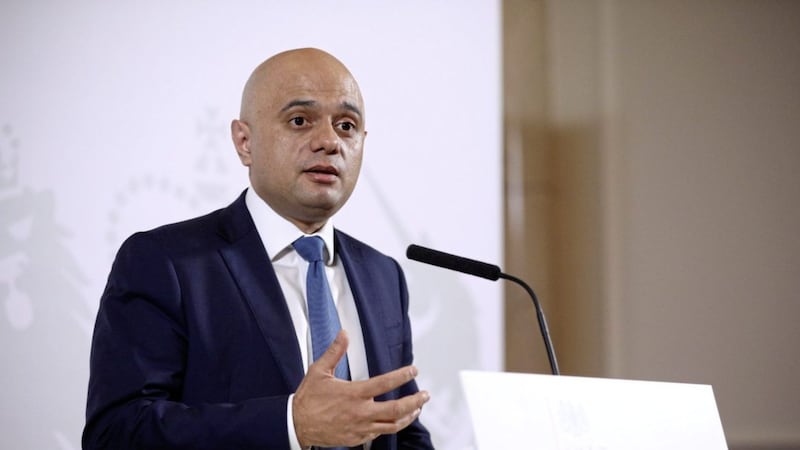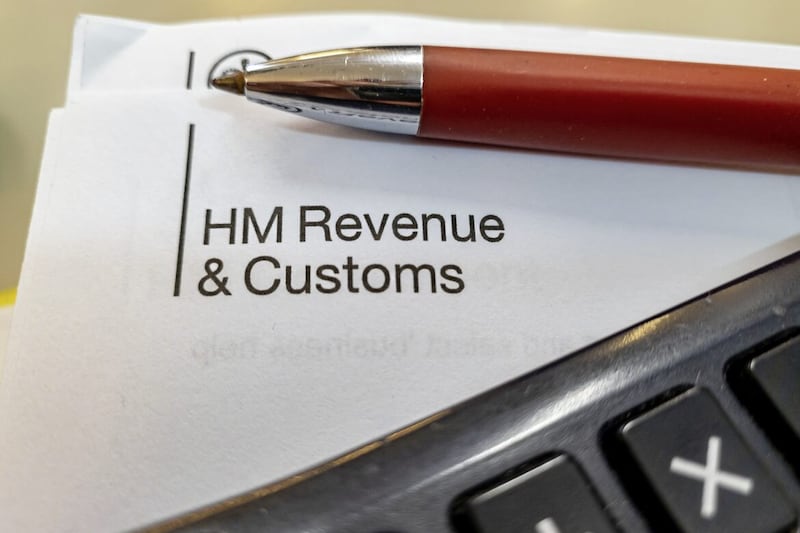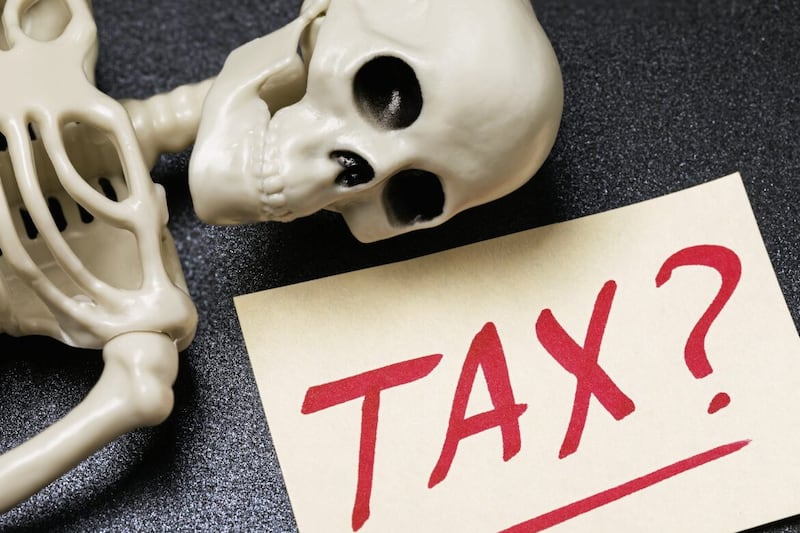QUESTION: I have heard that an announcement has been made in relation to the controversial loan charge legislation. Has this loan charge been scrapped?
ANSWER: In September Chancellor Sajid Javid commissioned an independent review of the disguised remuneration loan charge following mounting pressure on the government. The conclusions of the review were delivered to the government and it has published the recommendations of the review on its website gov.uk.
The loan charge legislation was brought in by the government to tackle the disguised remuneration problem whereby employees were being remunerated via loans rather than salary. In reality, however, the loans were never repayable, and this was an attempt to get around the employees having to pay PAYE and national insurance as well as the employers national insurance charges.
People from all walks of life were remunerated in this way from contract workers to wealthy directors of owner managed businesses. Unfortunately, the loan charge legislation was a blunt instrument in that many lower paid workers were forced to accept this method of remuneration when they were recruited by certain employers. The main changes to the loan charge legislation were announced in recent days and are as follows:
:: Firstly, the loan charge will only apply to outstanding loans that were made on or after December 9 2010.
:: Secondly, the loan charge will not apply to outstanding loans made in any tax year between 2010 and April 2016 if the avoidance scheme from which they emanate was fully disclosed to HMRC and HMRC did not open an enquiry or take other action.
:: Thirdly, anyone who entered into a settlement agreement after the loan charge was announced (March 2016) and who made voluntary restitution payments will have them refunded by HMRC for any tax years where either the loan charge no longer applies or where loans were made before April 2016 if the avoidance scheme used was fully disclosed to HMRC.
People self-assessing the loan charge at April 5 this year can now spread the amount of their balance evenly across the three tax years ending April 2021. This could assist tax payers having to pay higher rates of tax on the loan charge.
Finally, there are additional time to pay arrangements available to people with disposable assets and earnings of less than £50,000. All in all, this is a boost for lower paid workers who have been caught by this retrospective piece of legislation which HMRC were applying as far back as 1999.
Nevertheless, many people will still be seriously impacted by the charge and the government has said that it will deal with continued loan schemes in the upcoming Budget which is likely to be at the end of January.
:: Paddy Harty (p.harty@pkffpm.com) is director at PKF-FPM Accountants (www.pkffpm.com). The advice in this column is specific to the facts surrounding the question posed. Neither The Irish News nor the contributors accept any liability for any direct or indirect loss arising from any reliance placed on replies








